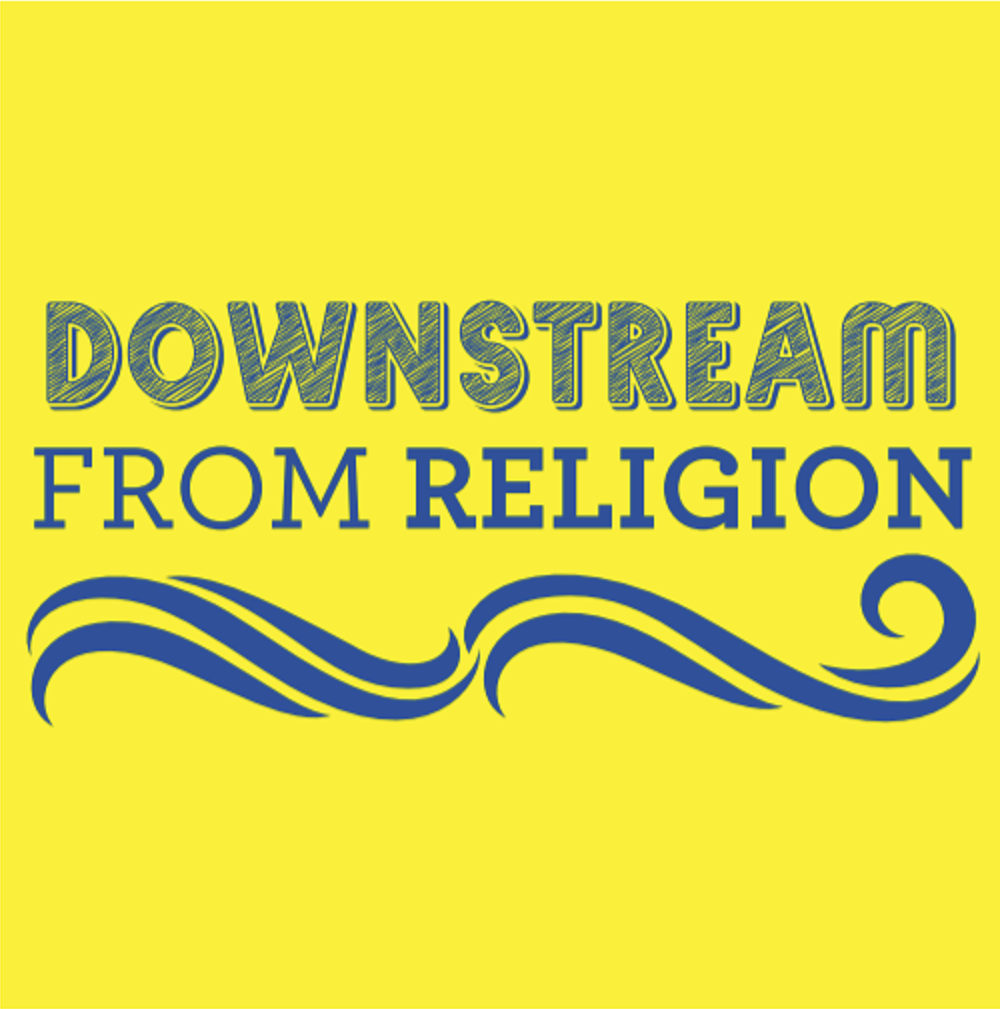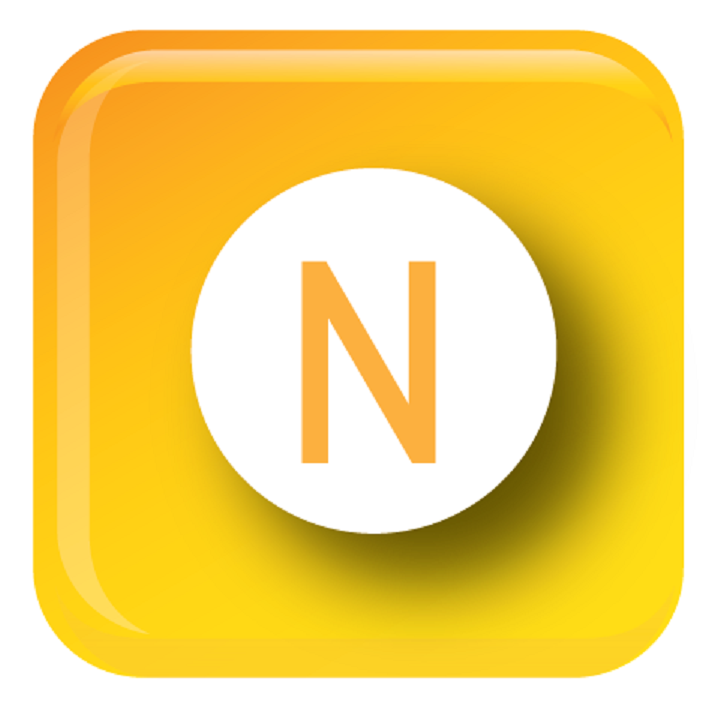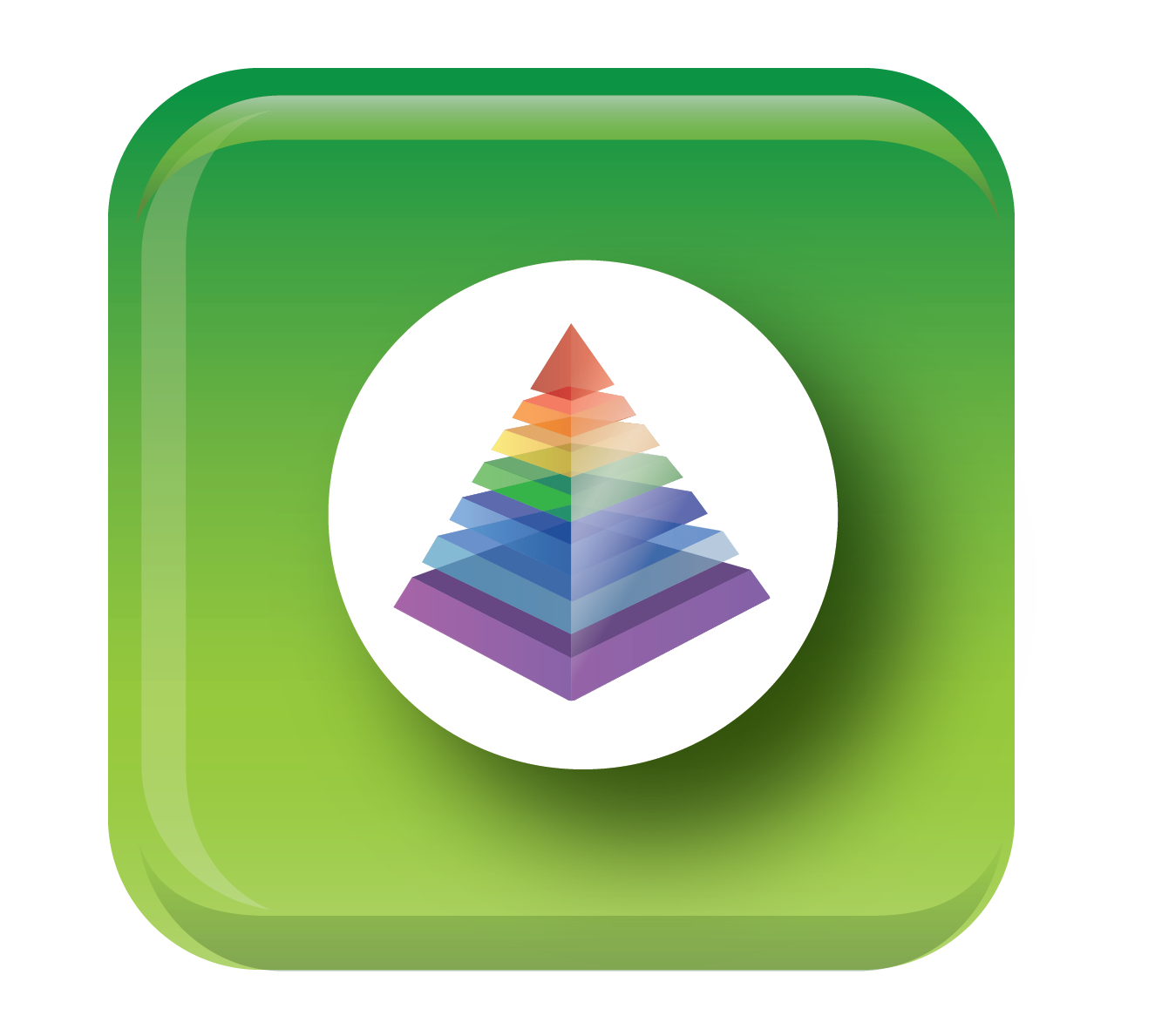by Rabbibailey | Oct 13, 2021 | Author blog, Featured category, Rabbi Bailey’s Blog
Available on these two platforms and others, as well:
Ch. 4 & 5 Part 2 Yael: Intimacy Morality and Women’s Power
Spotify
Apple
Ch. 4 & 5 Part 3: Male-Female Relationships & Taking Initiative
Spotify
Apple
Ch. 6-8 Part 1 Gideon: Bringing God into Everyday Life
Spotify
Apple
Ch. 6-9; Gidon: Being Assertive in Gashmius (physical world) for Ruchnius’ (Spirituality’s) Sake
Spotify
Apple
Ch. 10:1-5; Tola and Yair: Fear not! Keep Working and Giving to Others
Spotify
Apple
10:6-12; Yiftach & The Crown: You Deserve Better Leaders…Demand Them
Spotify
Apple







by Rabbibailey | Aug 22, 2011 | Rabbi Bailey’s Blog
Along with a team of wise women, I am composing a Seven Ways book specifically for women. The book will relate the seven different personalities to the unique experience of women and highlight their unique struggles and paths to victory through the stories of seven great women of the Torah (Bible).
As such, I am compiling letters and monologues from women who have been inspired and positively impacted by the Seven Ways system. They will be published (with permission) on this website and in the new book.
Please send your writings and ideas for a title to Rabbi Bailey at Questions (General). They are always treated as confidential until expressed consent is given.
Current title suggestions include:
The Seven Ways: Women’s Ways
The Seven Prophetesses
The Seven Women
Please send in your feedback!
by Rabbibailey | Aug 5, 2011 | Q & A
Question: “Do other people in the Torah have special middot in their personalities, or only the seven mentioned in your book?”
A great question. The short answer is ‘yes’, other people can be seen as having the seven middot as well, but we must understand exactly how.
The seven great Biblical figures that are singled out by our sages each have one specific middah/attribute that underscored the events and actions that make up their lives. Each go through a sequence of seven meta-stages that highlight the middot/sefirot.
Other people in the Tanach (set of canonized scriptures) quite clearly exhibit middot that resemble our middot, namely, combinations of the seven in primary and secondary middot (such as chesed–tiferet or hod–gevurah).
For example, Yitro (Jethro) can be seen as having the yesod–netzach middah, because he walks into Moshe’s (Moses’) court (Exodus 18), firmly and bluntly educates (netzach) Moshe on how he should rearrange (yesod) the way he set up his court system. Korach (Numbers 16) can be seen as an unhealthy gevurah–netzach as he vehemently attacks (unhealthy gevurah) Moshe, using morality- and religious-based (netzach) pretexts. Devorah (Deborah, from the Book of Judges) seems to exhibit the middot of netzach–yesod, because she is knowledgeable enough to be the head decisor of Jewish Law (netzach) and fills the political leadership position of Judge of Israel (yesod).
We can use our understanding of the seven different middot to better apprehend the events in the Tanach, to more clearly understand the way in which people communicate and understand better why they do what they do, especially when they do things we wouldn’t do.
May we all merit to find the parts of the Torah that speak to us the most, and the ones that speak to us less should still be as sweet as honey.
Rabbi Bailey










